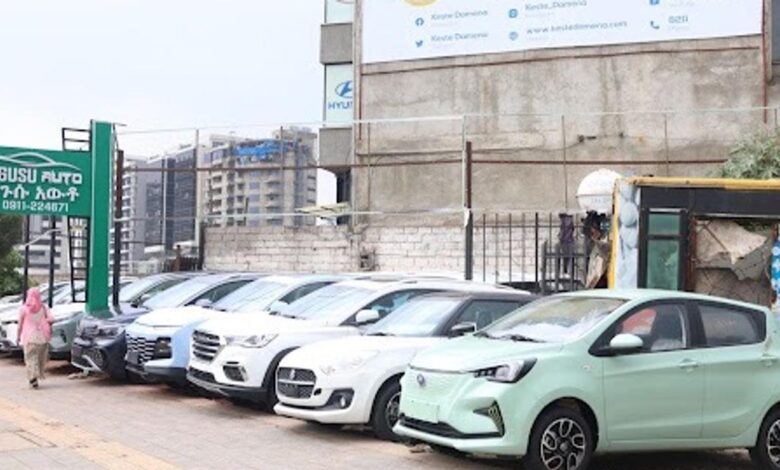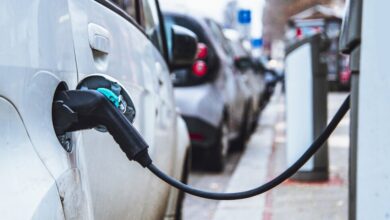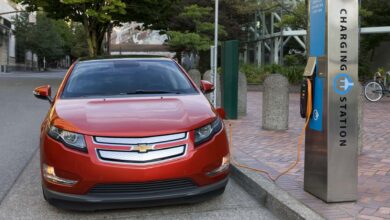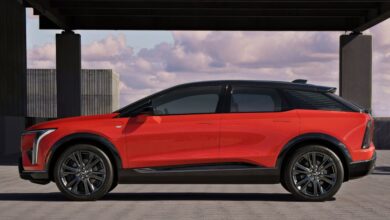Ethiopia’s transition to green mobility encounters headwinds amid economic slowdown

Ethiopia’s 10-year Perspective Development Plan calls on the government to import 4,800 electric buses and 148,000 electric cars. Last year, Ethiopia banned the import of non-electric cars and offered a new tax exemption for the import of electric cars as part of a green legacy project initiated by Prime Minister Abiy Ahmed.
The local automobile market is currently saturated with Chinese imported electric vehicles, with Chinese brands such as BYD and Jetour gaining popularity.
The Ethiopian Ministry of Transport announced last month that it had managed to bring in more than 100,000 electric cars and built 60 charging stations across the capital.
The new factory was built by a local entrepreneur, Belayneh Kinde, at a cost of more than $52 million. It is expected to produce around 1,000 cars a year.
It is not the first of its kind in Ethiopia. In 2020, Ethiopian businessman and Olympian Haile Gebreselassie started an assembly plant to produce electric cars locally for the first time in partnership with South Korea’s Hyundai motor company. However, the partner fizzled within a year after it faced constant shortages of foreign currency to import needed raw materials.



